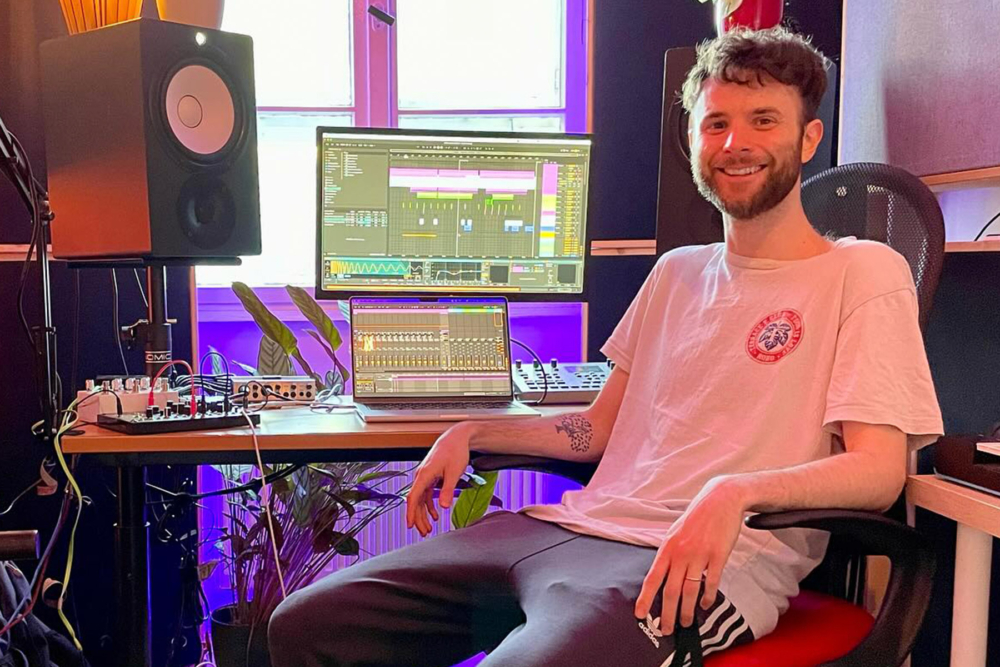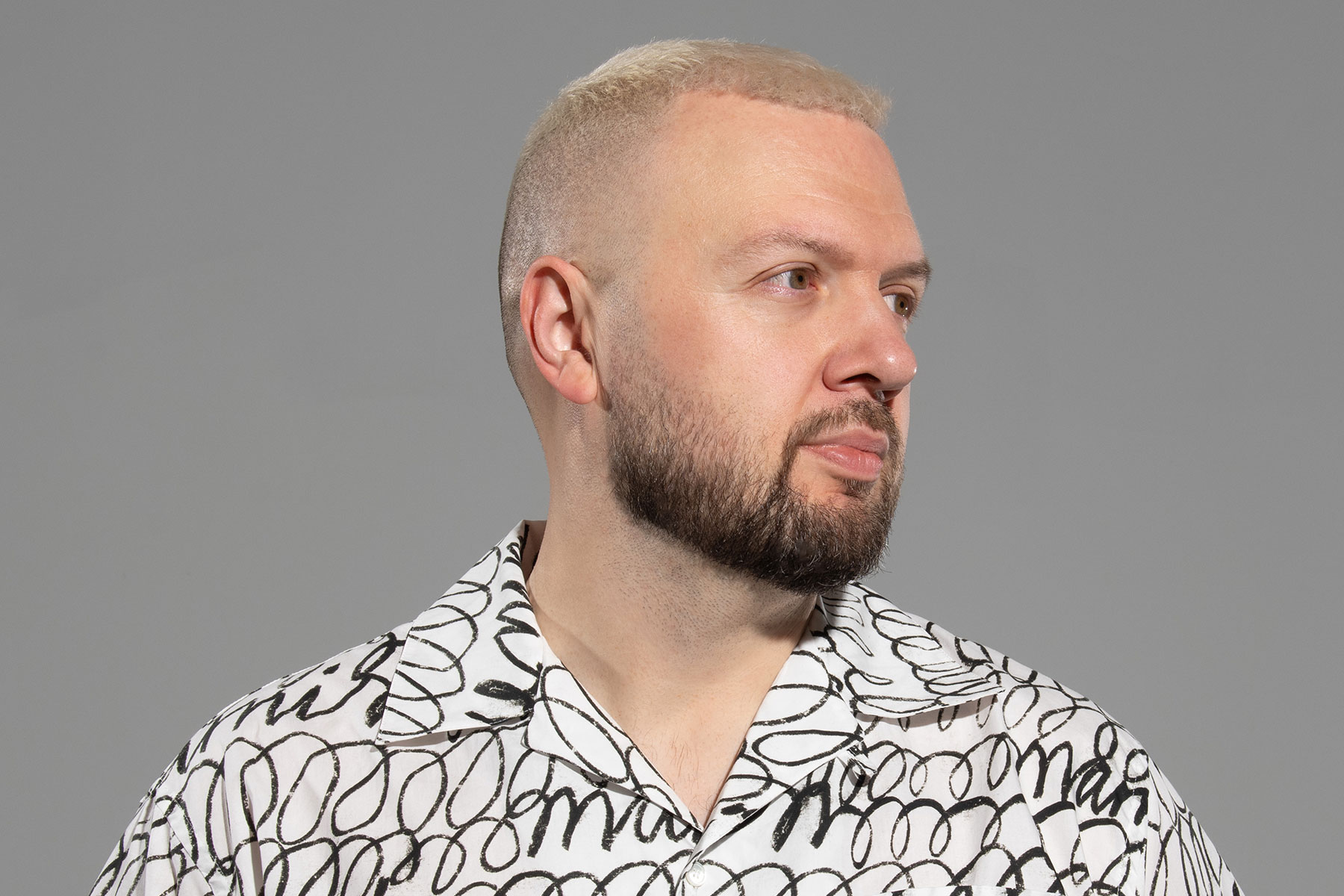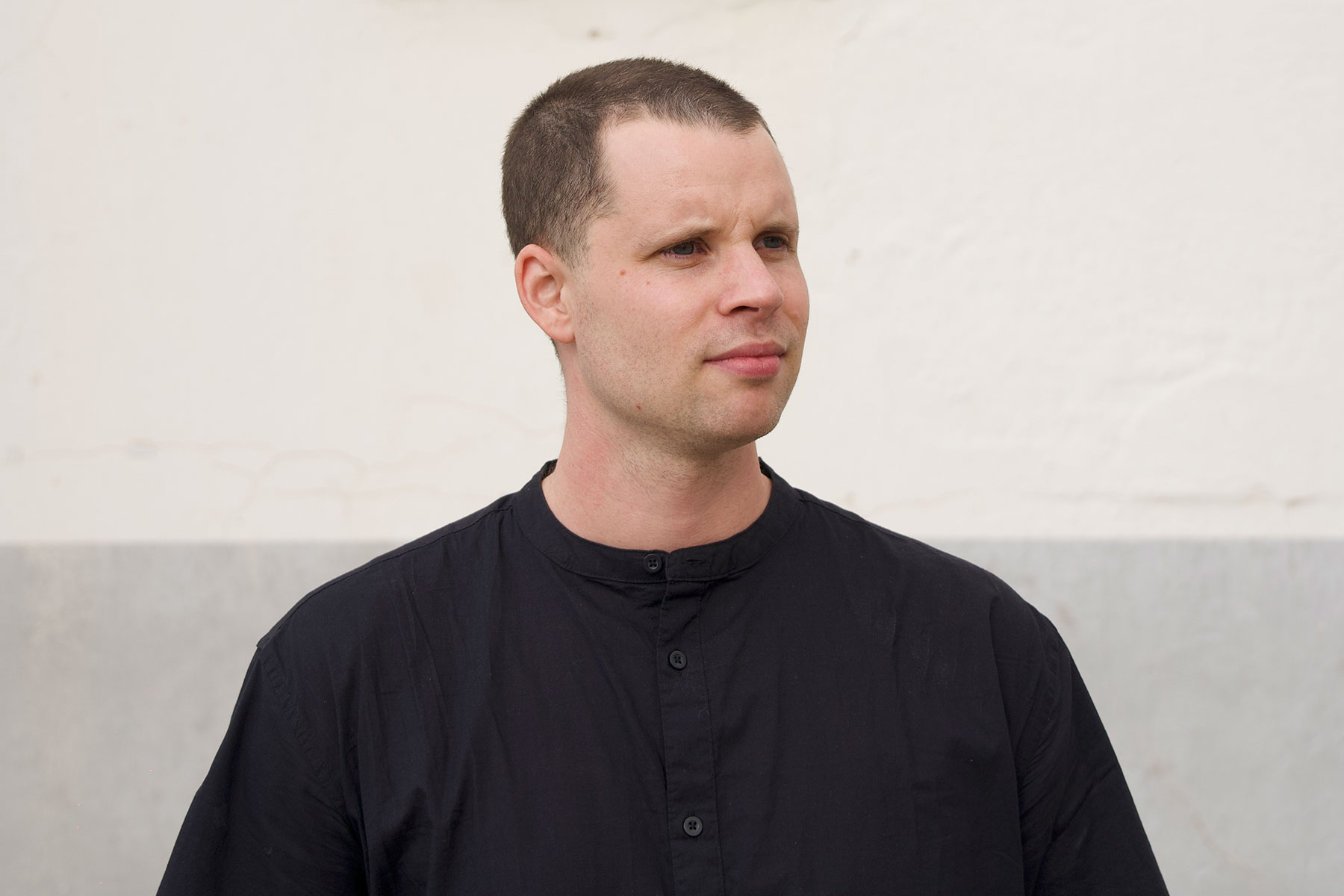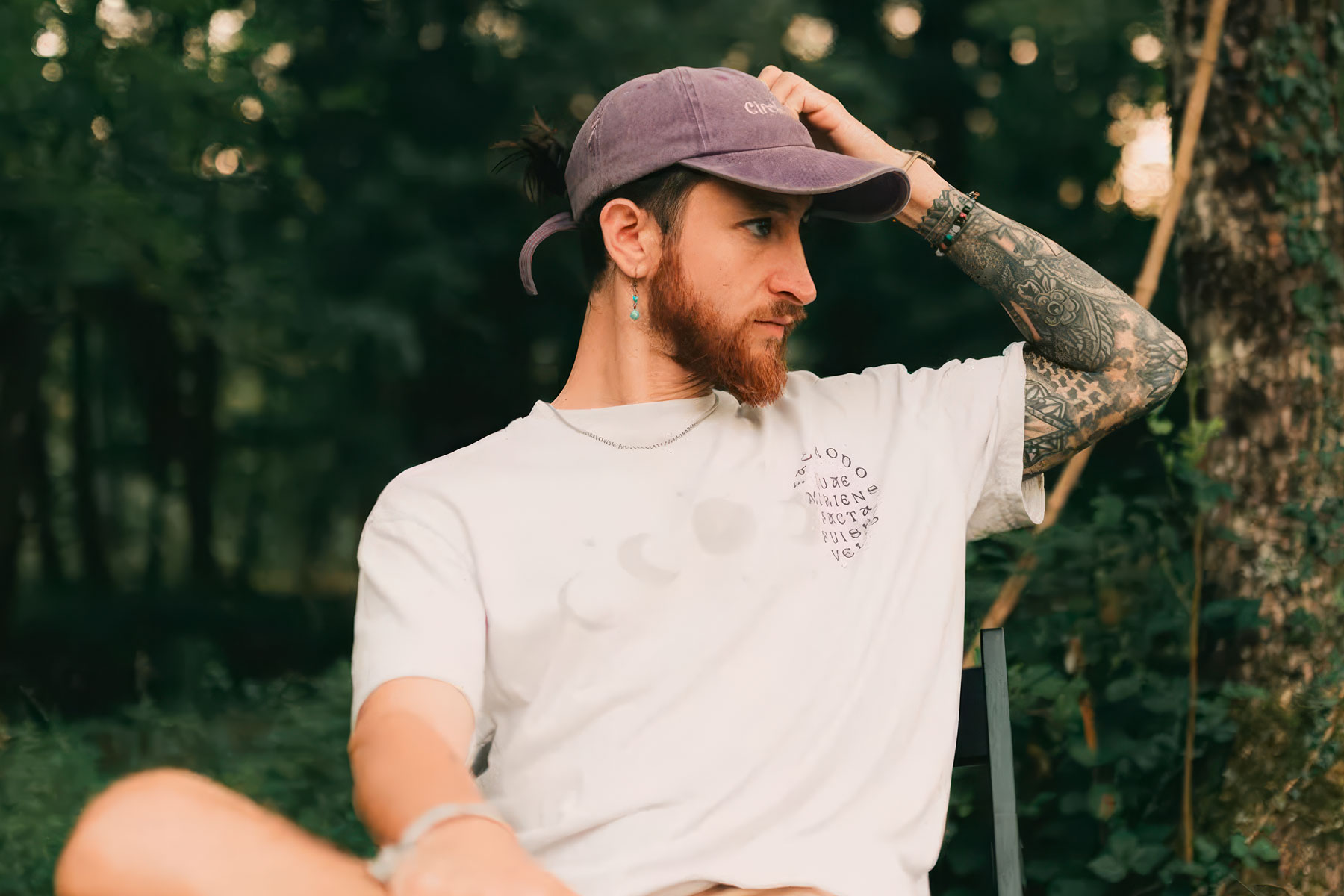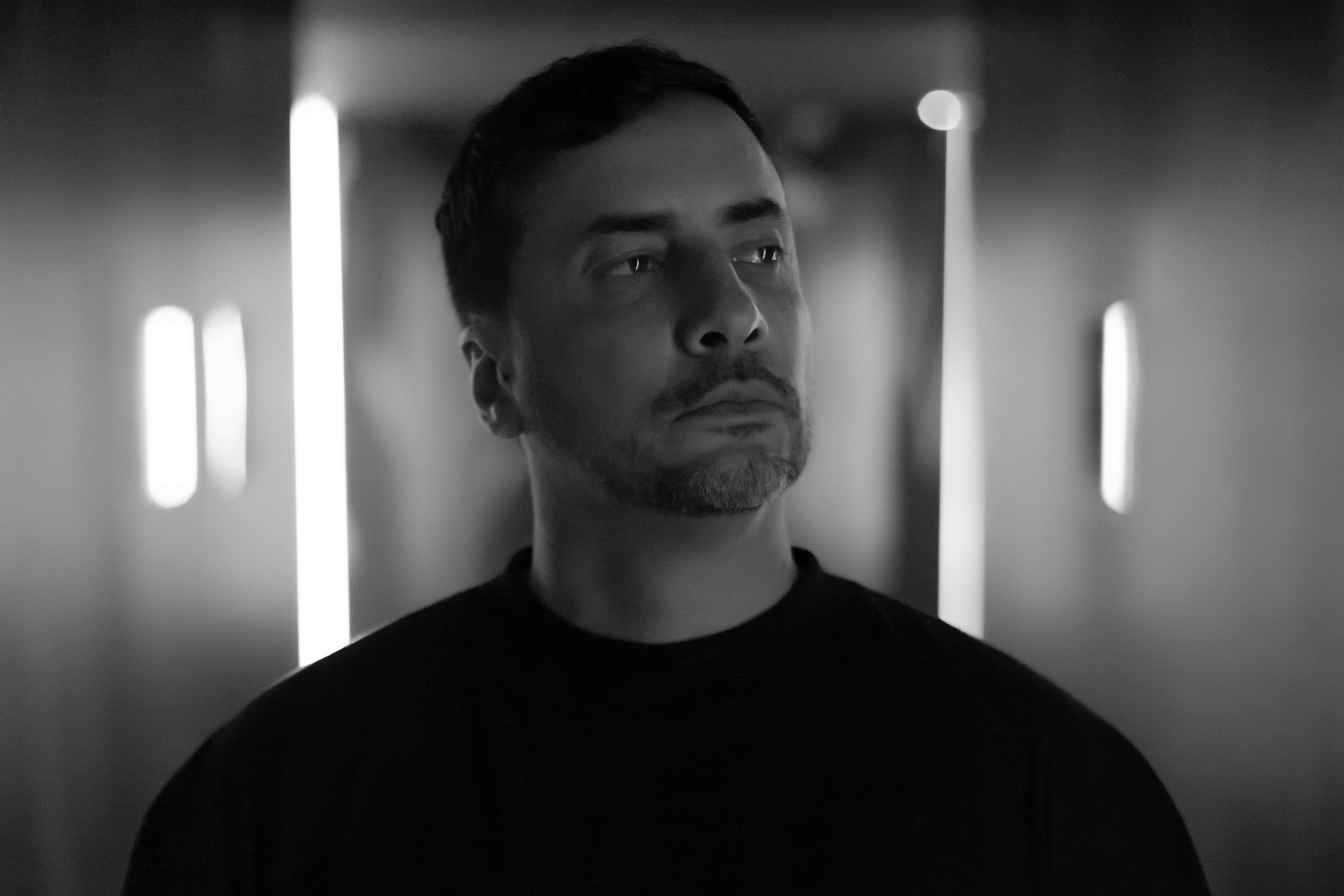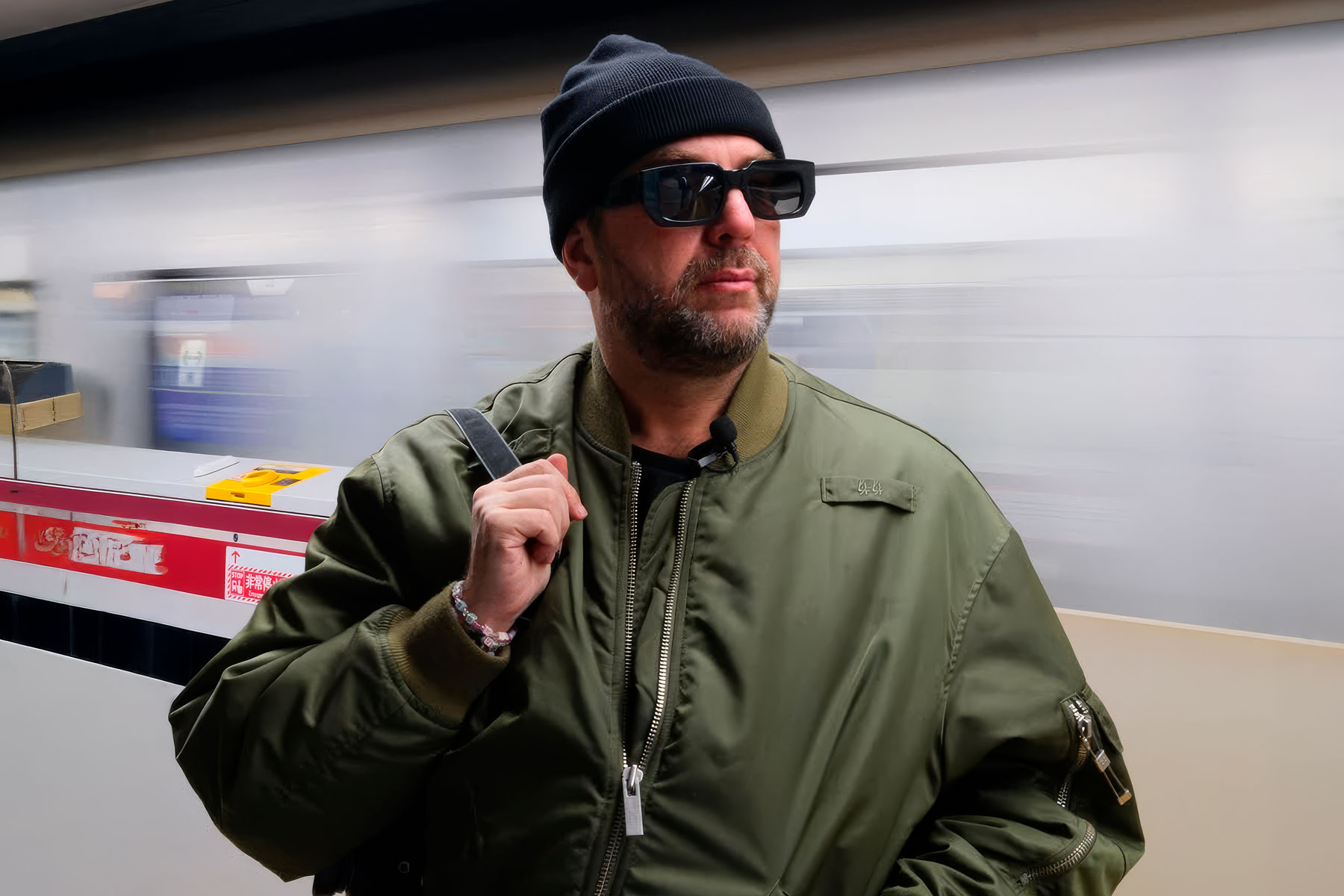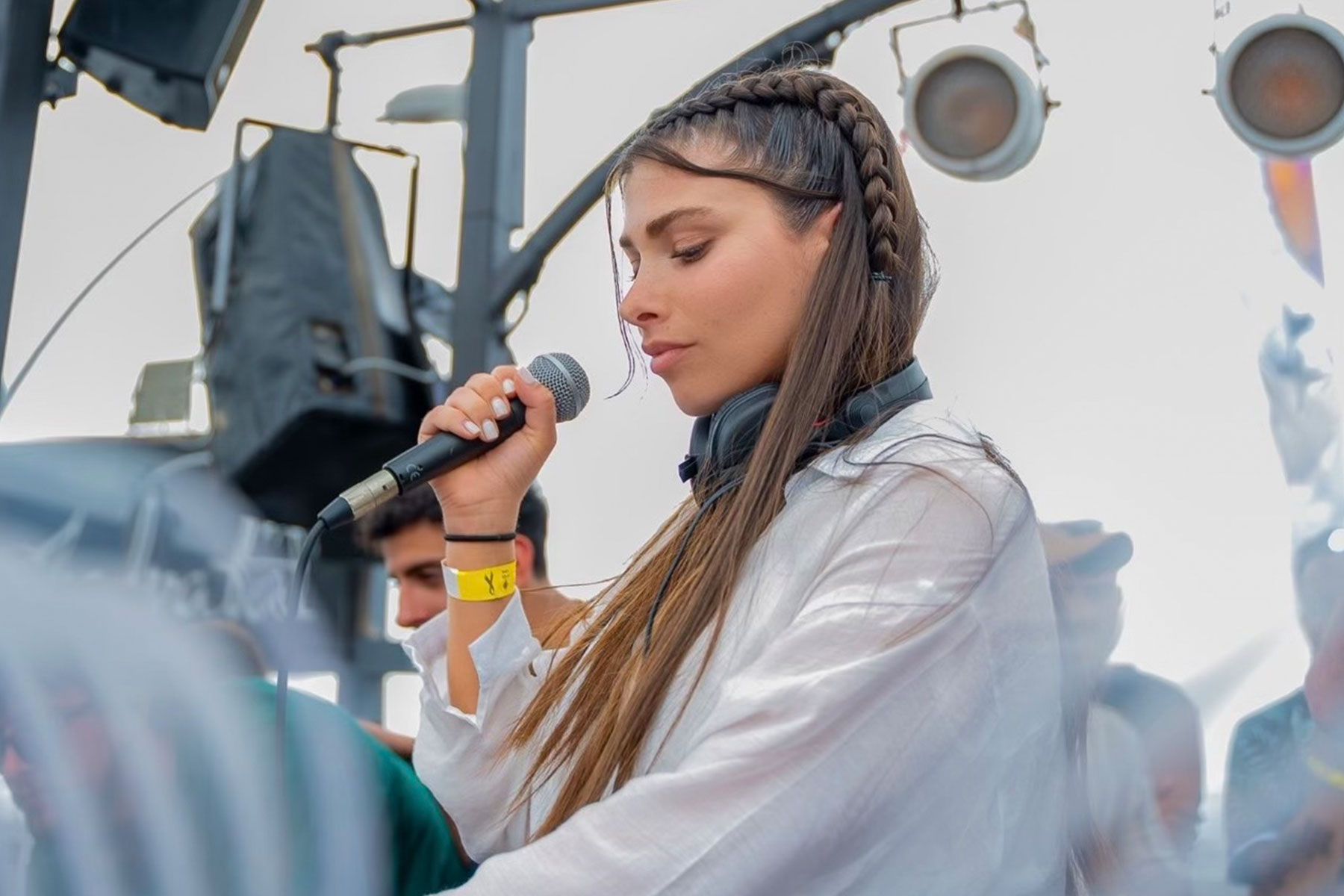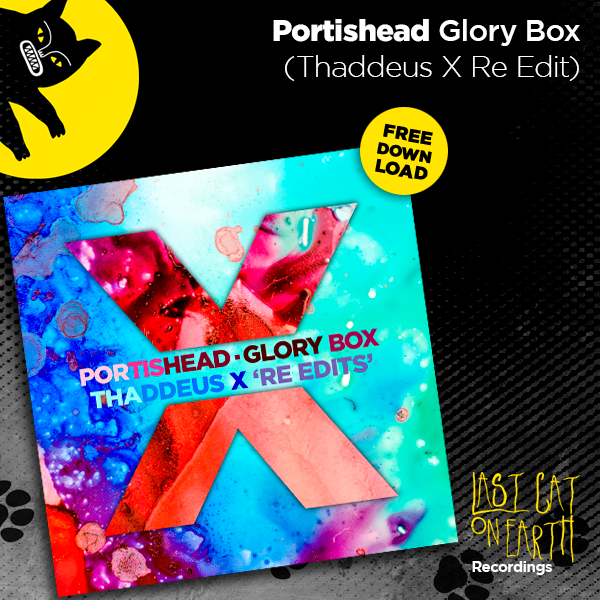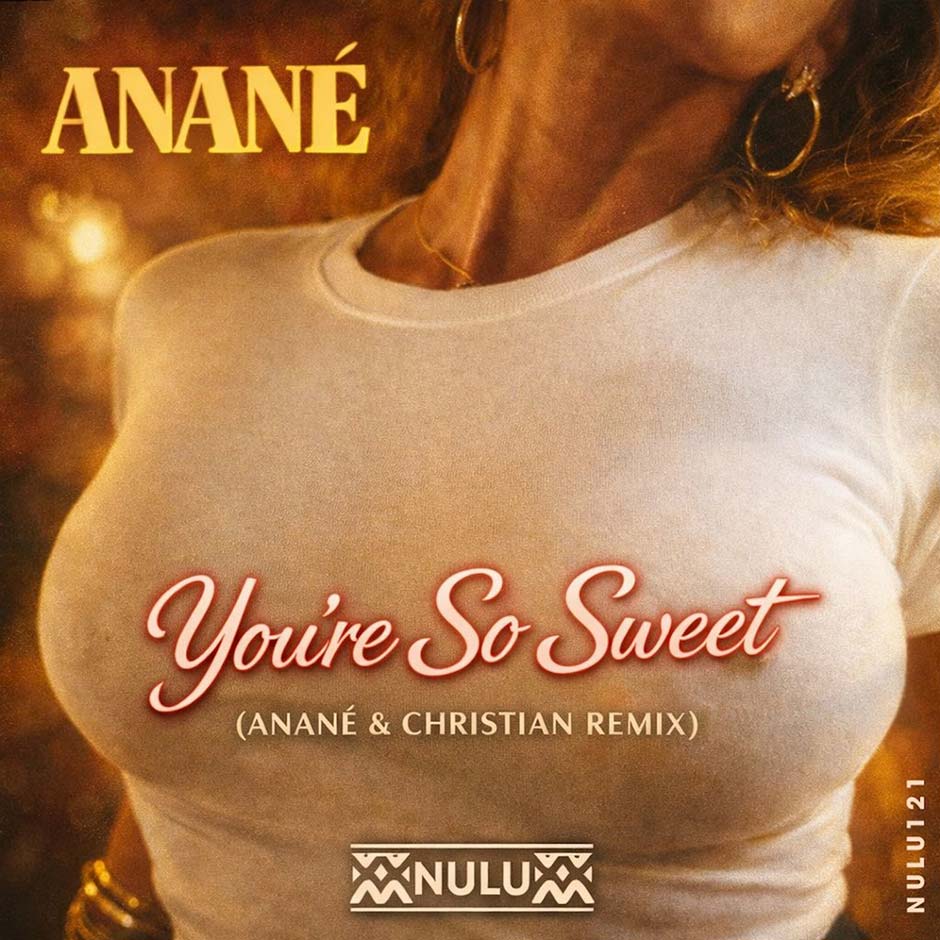Nonduality is an innovative producer and DJ whose journey into electronic music began with a passion for diverse sounds and a deep love for the creative process. From his early fascination with indie and electronic tracks discovered on music blogs to his transformative move to Berlin’s pulsating music scene, Nonduality’s evolution as an artist is a testament to his passion for sonic exploration.
Photo credit: Nonduality – Facebook
Inspired by Berlin’s cultural melting pot and armed with an arsenal of cutting-edge gear—like the Elektron Analog Rytm and Empress Echosystem—Nonduality crafts a distinct sound that pushes the boundaries of house and techno. His approach to production, which involves deep diving into sound design and embracing random sequence generators, reflects his commitment to originality and innovation.
In this exclusive interview, we delve into Nonduality’s creative process, exploring how his love for diverse music styles—from subtle house to experimental techno—shapes his distinctive sound. Join us as we uncover the methods, influences, and motivations behind this rising talent in the electronic music scene, and get a glimpse into the future of his ever-evolving artistry.
EG: Hi, Nonduality; nice to meet you! How are you today?
Nonduality: Doing well! I have some DJ gigs that I’m really excited about coming up, so I’m drinking up as much new music as I possibly can. Thanks so much for having me!
EG: Can you tell us about your journey into Electronic Music production? What inspired you to start creating music?
Nonduality: One of my best friends turned me onto a music blog called Musigh back in 2009, and I fell in love with it. They posted many indie and electronic tunes that were unlike anything I’d heard before. I was also deep into guitar at the time and had a copy of Logic. After a few months of eating up Musigh’s recommendations, especially in Dubstep, I got curious about what kinds of sounds I could make in Logic. My style has changed a lot since then, but I’ve been producing ever since. I still have some of those first tracks on my hard drive.
EG: How did your move to Berlin influence your music style and production process?
Nonduality: It’s been totally transformative. Compared to the Californian suburb where I come from, Berlin is so culturally dense. There’s a huge diversity of people and music tastes. The subtler forms of House and Techno, particularly, were totally new to me when I first moved here in 2015. I’ve found that spectrum of music to be a rabbit hole that always has something fresh to offer. It’s been a big source of inspiration for my own music, and it’s been fun leaning into it.
EG: What are your favorite pieces of equipment and software in your studio setup? How do they shape your sound?
Nonduality: The Elektron Analog Rytm is one of the first pieces of hardware I bought. That machine still makes it onto almost every track. It’s so fun to start ideas on the Rytm—I feel like the Elektron workflow lends itself perfectly to drums. Also, because the drums are synthesized, it pushes me to explore unique, wonky drum sounds that I wouldn’t have landed on otherwise.
Another one is the Empress Echosystem. It’s a digital delay pedal that has over 40 different algorithms, including two lovely reverbs. You can use two different algorithms in parallel or serial or split them between the left and right channels. That thing is so expressive; it really feels like its own instrument. Whenever I’m working on a sound, I’m always wondering what the Echosystem could add to it.
“I’ve found that spectrum of music to be a rabbit hole that always has something fresh to offer”
EG: Can you walk us through your typical production process? How do you start a new track and develop it?
Nonduality: I usually start by diving into one of my favorite pieces of gear and trying to harness a new aspect of it. Despite using my synths so often, I still feel like I’ve only scratched the surface of most of them. Experimenting usually leads to a cool sound or groove to base a track around.
From there, I just arrange things out section by section. At that stage, I try to be decisive and paint in broad strokes, refining small details and transitions once I have a rough arrangement. It’s easy for me to lose my initial direction if I get lost in the details too early. Ideally, I like to get to a completed arrangement the same day I start working on an idea.
EG: How do you stay updated with the latest trends and techniques in Electronic Music production?
Nonduality: Good question! I feel blessed to live in an era where there’s an endless amount of information available on YouTube. If something really exciting pops up, I usually hear about it there or from my friends. Production is such a deep and long-standing art form—I feel like I couldn’t get through all the existing techniques in my lifetime.
As for trends, I’m always hunting for new music to keep myself stimulated. Record stores and recommendations from friends are great for that. So are parties and club nights. Still, there are so many existing gems out there that I know I haven’t found yet. Again, I feel blessed to be living so many years into Electronic Music’s history.
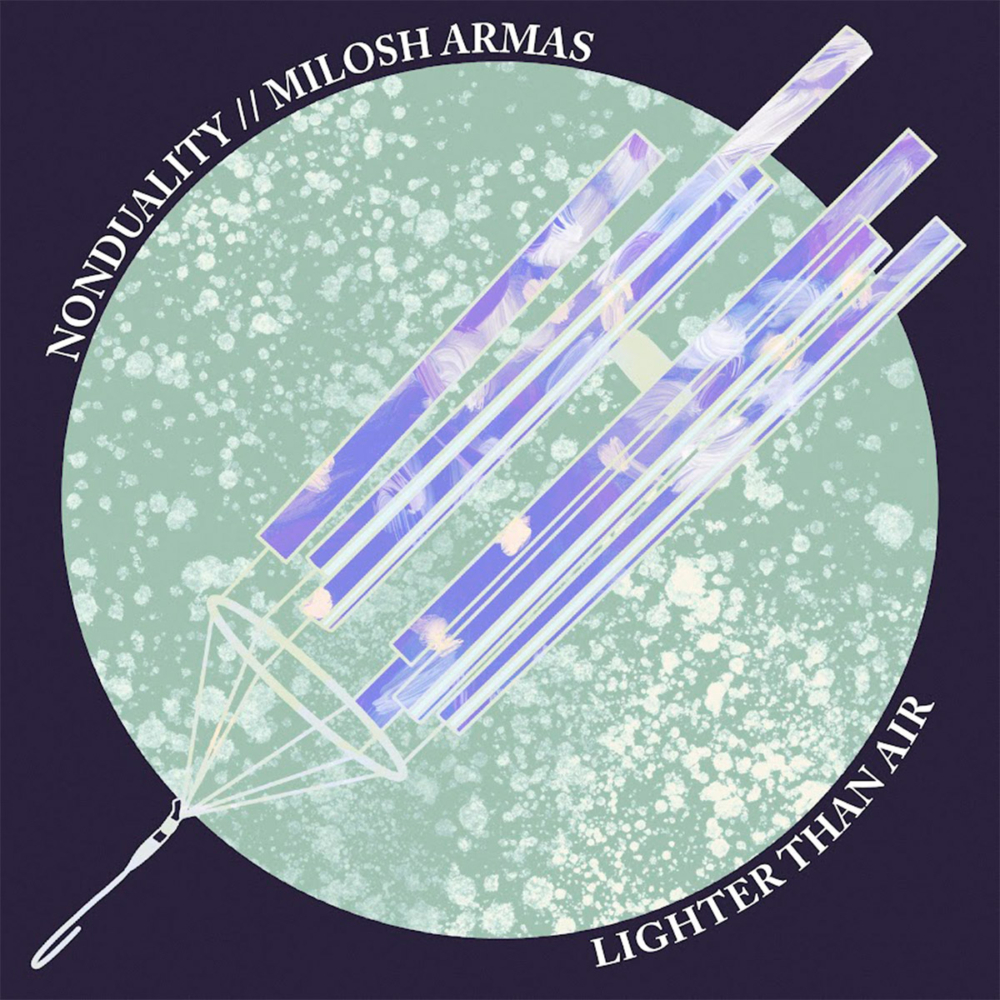
EG: What key elements do you focus on when producing a track to ensure it stands out?
Nonduality: My M.O. is usually to go deep on sound selection and design. Sometimes I’ll write three or four parts before keeping one. My philosophy on standing out is that the closer something aligns with your own taste, the more it’ll stand out to others. When producing, my main concern is to distill my various influences into something that my deepest inner critic can’t help but love. That’s the kind of music that stands out to me: music that knows what it’s doing and does it well. If I can stay in tune with that, I think the rest will follow.
EG: Are there any innovative techniques or tools you’ve discovered recently that have transformed your production process?
Nonduality: Random sequence generators have been a game-changer for me. For things like monophonic melodies and basslines, I’ve stumbled on some truly wild patterns using the sequencer in Arturia’s synth Pigments. Its randomization function is really well-implemented. I love playing around with it, eventually recording the MIDI into my DAW and editing it manually. It’s a great way to sequence hardware synthesizers.
“My philosophy on standing out is that the closer something aligns with your own taste, the more it’ll stand out to others”
EG: What DAW is your favorite?
Nonduality: Ableton for life! I started on Logic in 2009 but had issues with precise automation. Eventually, some friends convinced me to try Ableton and I haven’t had any reason to change since. I’m sure people are sick of hearing this, but I feel like it can do just about anything I could possibly imagine. Such a cool piece of software!
EG: Lastly, what keeps you motivated and inspired to create music and how do you see your music evolving in the future?
Nonduality: I love sitting down with my synthesizers, getting into a flow, and suddenly having a brand-new track to listen to. I’ve also found that music is one of my favorite ways to connect with people. I love sharing it with friends and collaborating.
As for how it’ll evolve in the future, I’ve been branching out a lot stylistically. I’ve been discovering forms of Techno that I love and that’s reflected in my music. At the same time, I’ve been digging into some older vocal Garage House that also really does it for me. My taste is multi-faceted and I’ve been making space for that in the studio. I’m super excited to share my upcoming tunes—I think you’ll hear what I mean!
Nonduality’s ‘Lighter Than Air’ is now available on Armas. Stream and download here.
Follow Nonduality: Spotify | Soundcloud | Instagram | Facebook


